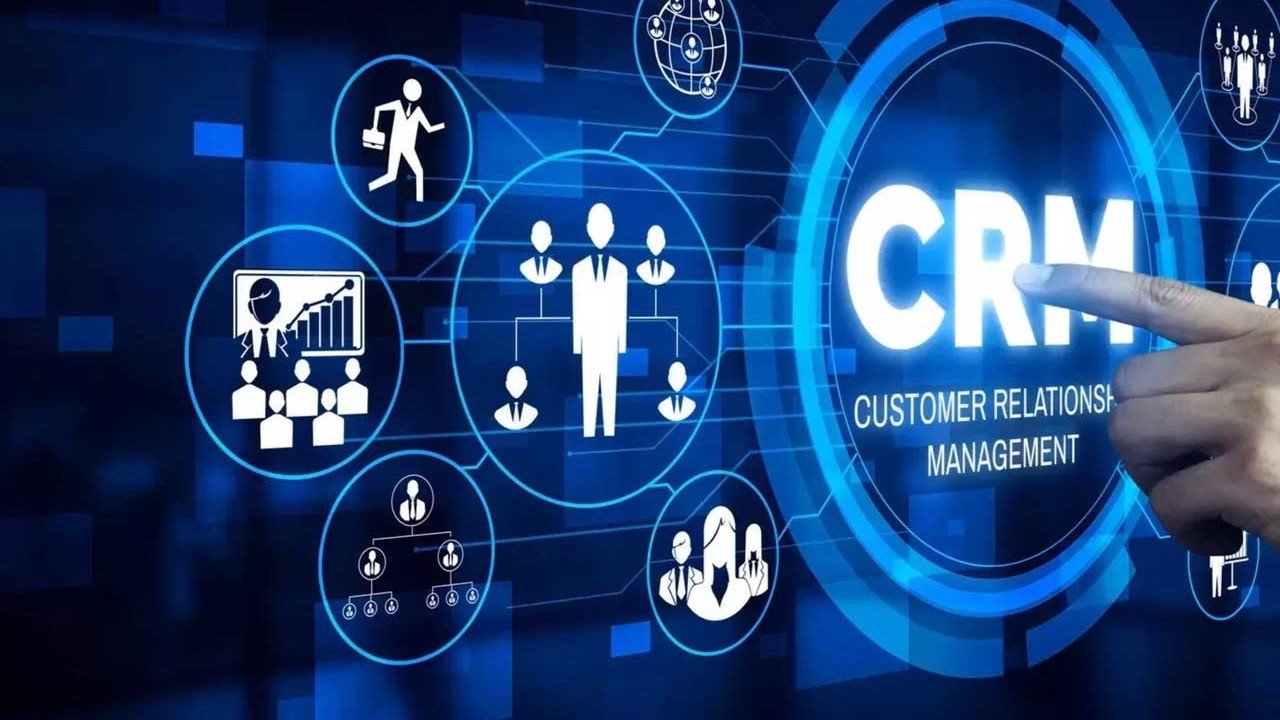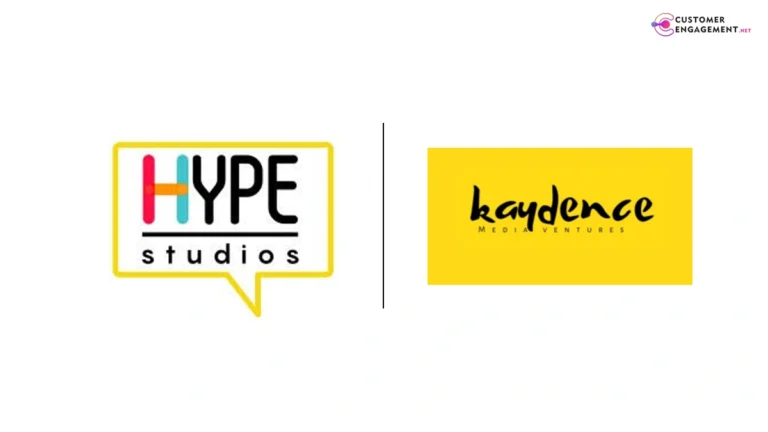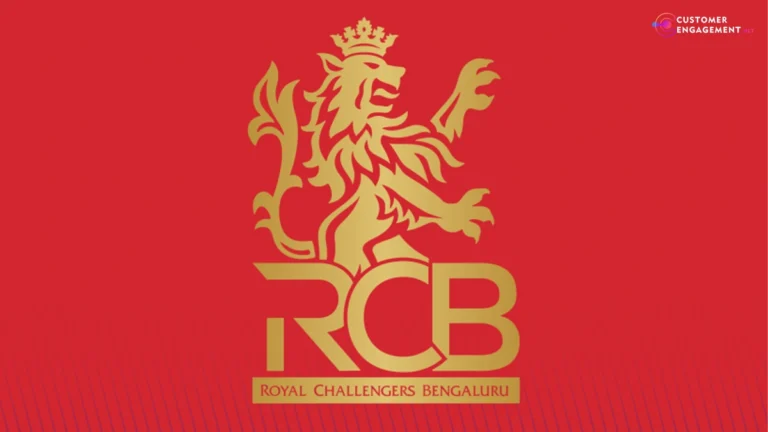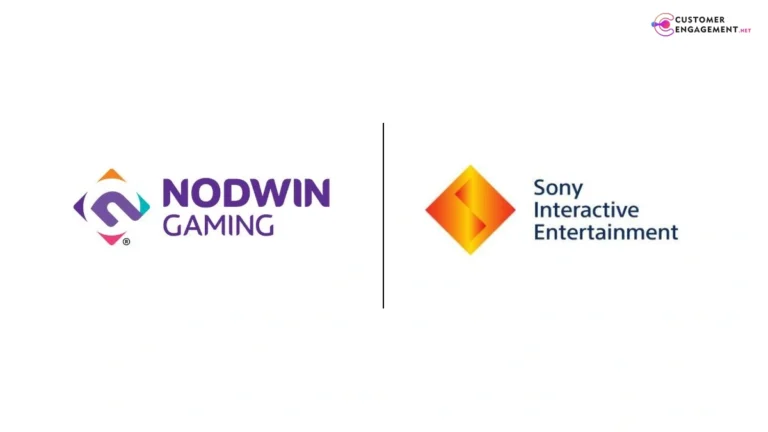
Find out how multichannel strategies and cutting-edge Social CRM tools are changing how businesses interact with customers in 2025. Find out about the newest trends, tools, and best practices for making stronger, more personal connections at every digital touchpoint.
In 2025, Social CRM will be all about multichannel strategies that use social media, AI, and unified data platforms to get customers more involved and help businesses grow. As customers’ expectations become more complex, it is becoming more important for businesses to use a full Social CRM approach that includes many ways to communicate.
The Growth of Social CRM in 2025
Social CRM has changed from just keeping track of customer interactions on social media to being a key part of engaging with customers across all channels. In 2025, Social CRM platforms will combine information from social media, email, chat, SMS, voice, and IoT devices to make a complete customer profile. This unified view gives businesses the power to offer smooth, personalised experiences at every point of contact, breaking down barriers between marketing, sales, and customer service teams.
Key Components Driving Social CRM Success
- Customer Data Platforms (CDPs) that work together
Customer Data Platforms (CDPs) built into Social CRM systems are one of the most important trends for 2025. These platforms bring together customer data from many different sources into permanent, real-time profiles. Salesforce’s Data Cloud and Adobe’s Real-Time CDP are two examples of unified sources of truth that help marketing, sales, and service all at the same time. This integration makes it possible to accurately segment customers, personalise experiences on a large scale, and accurately track customer journeys across channels
- Engagement across all channels and planning the journey
Customers want to be able to talk to brands on any platform they choose, like social media, messaging apps like WhatsApp, email, or voice assistants. Social CRM platforms now make it possible to send messages and plan journeys across all channels, automating multi-step, cross-channel campaigns that effectively nurture and re-engage customers. This makes sure that messages are always the same and that responses are quick, both of which are important for gaining trust and loyalty.
- Personalisation and automation powered by AI
Artificial intelligence is very important for making Social CRM better. AI-powered tools look at how customers act and feel to give them highly personalised content, product suggestions, and help. Chatbots with conversational AI help people in real time, and predictive analytics find high-value leads and customers who are at risk, which lets businesses engage with them before they leave. Microsoft Dynamics 365 with Copilot AI and Zoho CRM are examples of this trend because they put smart suggestions right into user workflows, which cuts down on mistakes and speeds up the closing of deals.
- Listening to people and figuring out how they feel
Using real-time social listening, Social CRM keeps an eye on brand mentions, keywords, and new trends across all platforms. AI-powered sentiment analysis measures how customers feel, which helps teams decide what to do first and find problems before they get worse. This information lets businesses change their plans on the fly and keep their brand reputation high.
- Working with IoT and mobile CRM
Adding Internet of Things (IoT) data to Social CRM systems gives you a better idea of how customers use your products, which lets you make personalized suggestions and offer proactive service. For example, devices that are connected to the Internet of Things (IoT) can send information about how they are used and let businesses know about possible problems, which lets them offer help before they happen. Mobile CRM solutions also give teams the ability to manage customer relationships on the go, making sure that they can always engage and work together on time, no matter where they are.
- Security and compliance of data
As data collection grows across channels, strong security measures and compliance with privacy laws are a must. Advanced permissions, encryption, and clear privacy policies are all part of social CRM platforms that protect customer data and build trust. Some systems are looking into blockchain technology to make sure that records are safe and can’t be changed.
The best social CRM tools in 2025
Several platforms stand out because they can combine traditional CRM tasks with social media management:
- Brandwatch Social Media Management lets you schedule posts, manage multiple inboxes, and work together in real time. It also has strong analytics and Salesforce integration to help you learn more about your customers.
- Hootsuite, which Sparkcentral improves, brings together social customer service from public feeds and messaging apps like WhatsApp so that teams can respond quickly.
- HubSpot combines CRM and inbound marketing with social media features. It connects social interactions directly to customer records so you can see all of your engagement in one place.
- Lark stresses the importance of integrating social media and CRM with mobile collaboration tools and workflow automation so that no customer opportunity is missed.
Multichannel Social CRM’s Business Advantages in 2025
Using a multichannel social CRM approach yields measurable business results:
- Increased Customer Satisfaction and Loyalty: Timely, tailored interactions through preferred channels boost retention and engagement.
- Increased Revenue and Sales Performance: More efficient upselling, cross-selling, and renewal management are made possible by automation and AI-driven insights.
- Operational Efficiency: Intelligent recommendations and automated processes minimize human error and manual labor, speeding up response times and deal closures.
- Improved Brand Reputation: Sentiment analysis and proactive social listening assist in controlling consumer perceptions and promptly resolving issues.
Top Techniques for 2025 Social CRM Implementation
In order to fully utilise Social CRM, companies ought to:
- Evaluate and Improve CRM Infrastructure: Find weaknesses in the systems that are in place and make investments in platforms that have powerful multichannel and artificial intelligence features.
- Set Channel Priorities That Are Relevant to Your Audience:To prevent overstretching your resources, concentrate on the channels where your customers are most active.
- Create a Hyper-Personalization Strategy: Use AI and unified data to customise each interaction according to the tastes and actions of your customers.
- Assure Consistent Messaging: Ensure that the messaging and brand voice are consistent across all platforms.
- Invest in change management and training to enable teams to adopt data-driven decision-making and utilise Social CRM tools efficiently.
- Uphold Strict Privacy and Data Security Compliance:To foster trust, communicate openly and safeguard client information.
- Constantly Monitor and Optimise: To improve tactics and adapt to changing client demands, use analytics and social listening.














